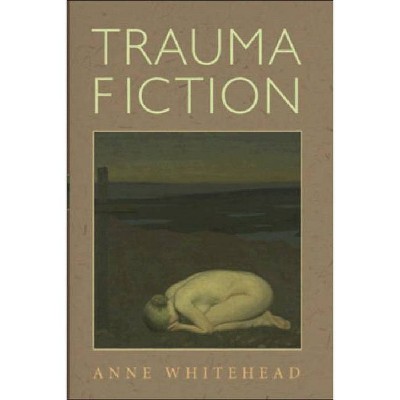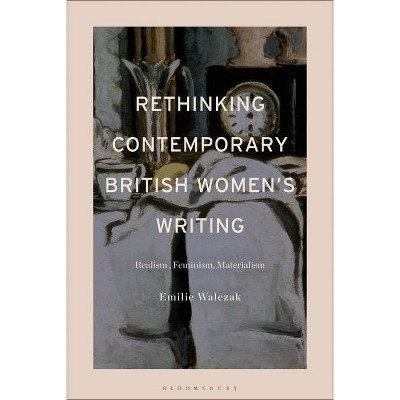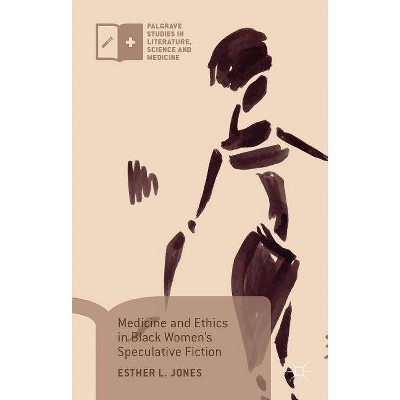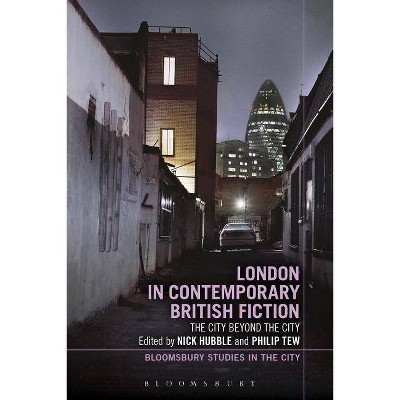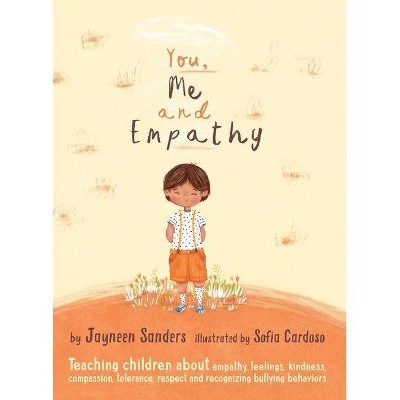Medicine and Empathy in Contemporary British Fiction - by Anne Whitehead (Hardcover)
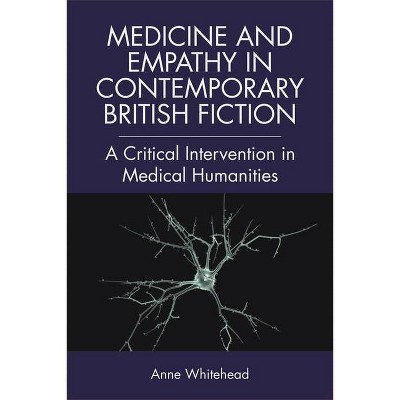
Similar Products
Products of same category from the store
AllProduct info
<p/><br></br><p><b> About the Book </b></p></br></br><p>This book marks a critical intervention in the medical humanities that takes issue with its understanding of empathy as something that one has. </p><p/><br></br><p><b> Book Synopsis </b></p></br></br><p><strong>Offers a new understanding of empathy and its relation to medicine and literature, as a critical intervention into the medical humanities</strong></p> <p></p> <p>This book marks a critical intervention in the medical humanities that takes issue with its understanding of empathy as something that one has. Drawing on phenomenology and feminist affect theory, it positions empathy as something that one does and that is embedded within structural, institutional, and cultural relations of power. More than this, it questions the assumption that empathy is limited to the clinical relation, thinking about medicine as more broadly defined. Combining theoretical argument with literary case studies of books by Mark Haddon, Pat Barker, Ian McEwan, Aminatta Forna and Kazuo Ishiguro, this book also contends that contemporary fiction is not a vehicle for accessing another's illness experience, but is itself engaging critically with the question of empathy and its limits.</p> <p></p><b> <p>Key Features</p> <ul></b> <p> <li>Provides a strong conceptual underpinning for the notion of empathy, drawing on phenomenology and feminist affect theory</li> <li>Relates the idea of empathy not only to the clinical relation but also to medicine more broadly defined</li> <li>Repositions literature's role in the medical humanities from a vehicle to access patient experience to a strategic intervention into current debates on empathy and its effects</li></ul><p/><br></br><p><b> From the Back Cover </b></p></br></br>*APPROVED* Offers a new understanding of empathy and its relation to medicine and literature This book marks a critical intervention in the medical humanities that takes issue with its understanding of empathy as something that one has. Drawing on phenomenology and feminist affect theory, it positions empathy as something that one does and that is embedded within structural, institutional, and cultural relations of power. More than this, it questions the assumption that empathy is limited to the clinical relation, thinking about medicine as more broadly defined. Combining theoretical argument with literary case studies of books by Mark Haddon, Pat Barker, Ian McEwan, Aminatta Forna and Kazuo Ishiguro, this book also contends that contemporary fiction is not a vehicle for accessing another's illness experience, but is itself engaging critically with the question of empathy and its limits. Anne Whitehead is Senior Lecturer in Modern and Contemporary Literature at Newcastle University. She is the author of Trauma Fiction (2004) and Memory: New Critical Idiom (2009).<p/><br></br><p><b> Review Quotes </b></p></br></br><br><br>Groundbreaking work. <br>-- J. D. Harding, Saint Leo University CHOICE connect October 2018 Vol. 56 No. 2<p></p><br><br><p/><br></br><p><b> About the Author </b></p></br></br><p>Anne Whitehead is Senior Lecturer in Modern and Contemporary Literature at Newcastle University, UK. She is the author of <i>Trauma Fiction</i> (Edinburgh, 2004) and <i>Memory: New Critical Idiom</i> (Routledge, 2009). She has co-edited <i>The Edinburgh Companion to the Critical Medical Humanities</i> (Edinburgh, 2016), <i>Theories of Memory: A Reader</i> (Edinburgh, 2007) and <i>W. G. Sebald: A Critical Companion</i> (Edinburgh, 2004), as well as a special issue of <i>Feminist Theory</i> on feminism and affect. She has published articles on contemporary literature in a range of journals, including <i>Modern Fiction Studies</i>, <i>Textual Practice</i>, and <i>Contemporary Literature</i>.<p>
Price History
Price Archive shows prices from various stores, lets you see history and find the cheapest. There is no actual sale on the website. For all support, inquiry and suggestion messages communication@pricearchive.us
